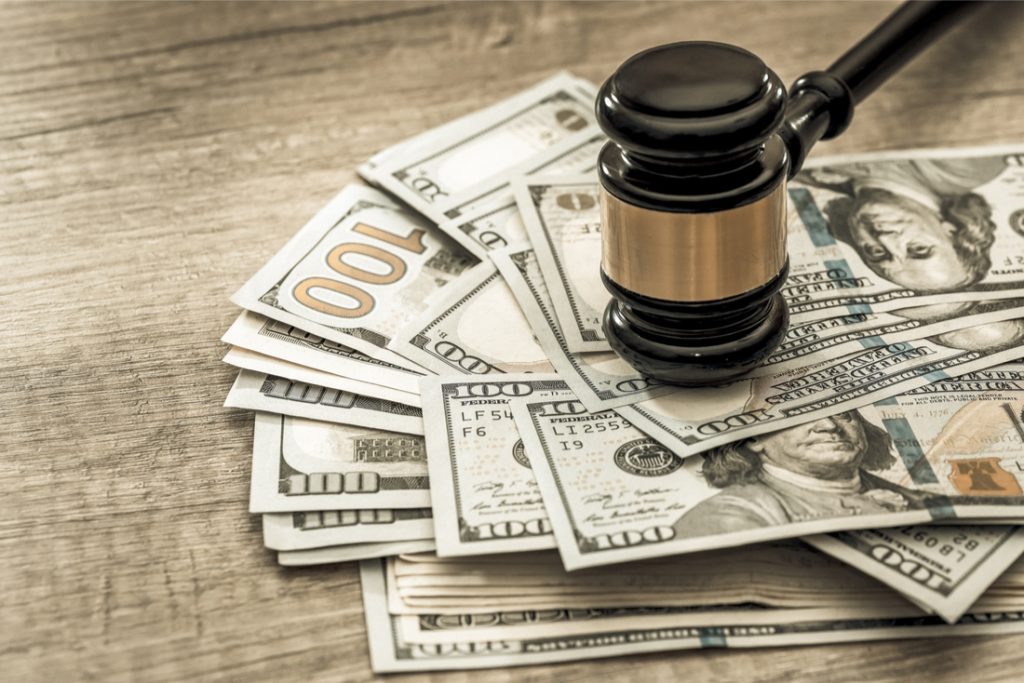Damages are the solution to the real-world costs and repercussions of one individual’s crime to another in the legal world. A plaintiff’s damages must be quantified, typically in terms of a dollar sum or other payment terms. You may be entitled to different types of damages in a lawsuit, depending on the facts of your case:
Compensatory Damages
Compensation for a personal injury or accident caused by another person’s fault is known as compensatory damages. Regardless of whether it was intentional or not, you are still eligible for compensation. To establish that a plaintiff owes you these damages, you must show:
- They failed to uphold their duty of reasonable care to you
- This failure resulted in your accident or sickness
- The resulting sickness or injury cause you to incur financial and non-financial losses
The litigation procedure for seeking compensatory damages entails deciding if a contract or obligation existed. If it does, determine what conditions the responsible parties violated. In this case, both parties will argue about the scope of the infringement and the resulting damages.
There are other considerations to consider in a legal claim, such as the extent of hardship incurred, incompetent or willful actions that led to the losses, and whether the plaintiff may quantify their losses.
Compensatory damages can be further divided into economic and noneconomic.
Economic damages are designed to relieve the plaintiff of any or all of his or her financial responsibility. Damages are determined based on the current fair market value at the time of the injury based on income, property damage, medical costs, burial expenses in wrongful death, and rehabilitation costs.
Noneconomic damages are difficult to quantify since they can include general suffering and pain. These damages are less concrete than economic damages. They can consist of mental distress, loss of reputation, loss of life quality, and loss of companionship.
Punitive Damages
Punitive damages, unlike compensatory damages, are issued to a person who has committed intentional, fraudulent, or malicious acts that have caused injury to another party. This form of damages aims to:
- Deter the defendant from doing the same actions.
- Use the defendant, as an illustration, to deter others from participating in the same actions.
Punitive damages are not appropriate in every case. Although courts can award significant punitive damages, the judge’s sum may be reduced depending on the compensatory damages’ amount awarded. State laws can also restrict the number of punitive damages awarded to a plaintiff.
You Should Hire a Lawyer to Help You File a Personal Injury Lawsuit
Personal injury can happen in a variety of ways. The following are examples of such incidents:
- Pedestrian collisions
- Malpractice in medicine
- Automobile collisions
- Motorcycle collisions
- Truck collisions
- Flaws in the product
- Sip-and-fall mishaps
People can suffer serious injuries as a result of the events mentioned above. Internal injuries, burns, traumatic brain injury (TBIs), and broken bones are also possible injuries. Traumatic injuries, for instance, can wreak havoc on your health and necessitate long recoveries or continuing medical care.
Having to face the consequences of such injuries can be excruciating for you and your loved ones. To get started, contact the office at (201) 829-3805 to let an experienced North Bergen Personal Injury Attorney help you seek compensation from the responsible party or their insurance.
